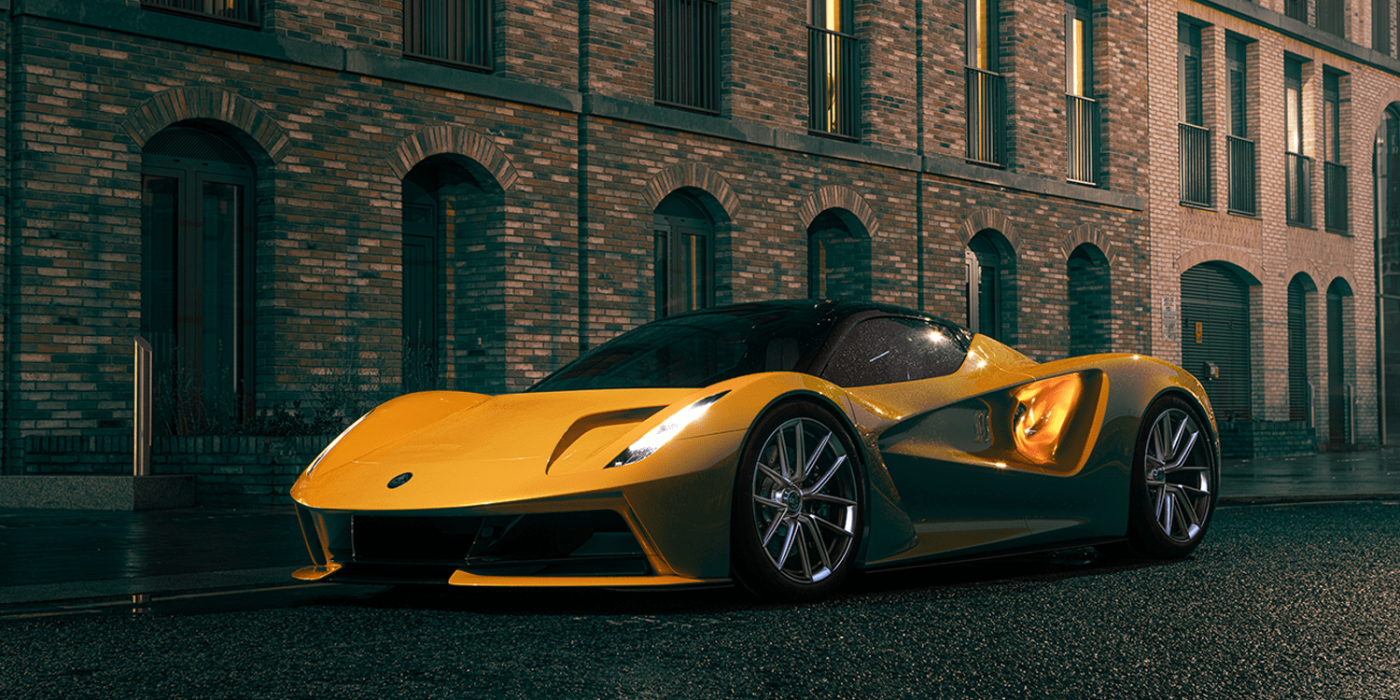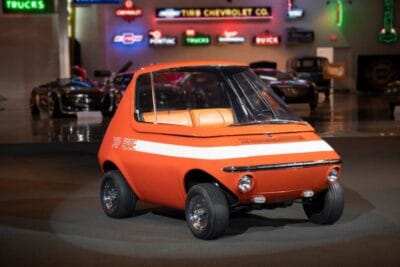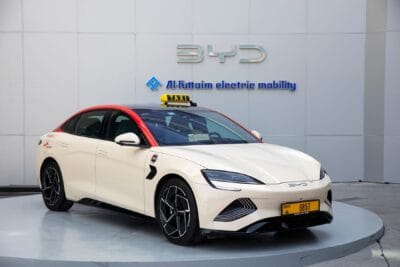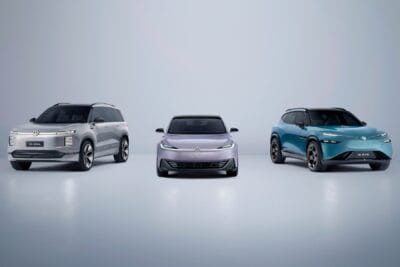Geely subsidiary Lotus to become dedicated EV brand
The British Geely brand Lotus also sees its future in battery-electric cars. That is why the Emira, which is to be presented in the summer, will be the last Lotus sports car with an internal combustion engine. From 2028, Lotus plans to sell only electric cars.
The electrification of the brand is to take place in the course of an investment programme for which Geely is responsible and which is expected to cost 2 billion pounds (about 2.3 billion euros). At the heart of the programme is also a tripling of production in the UK and expansion abroad. Overall, production is expected to rise from around 1,400 vehicles last year to tens of thousands worldwide.
The move to electric drive had already been hinted at in 2019. Following the unveiling of the Evija electric hypercar, Lotus CEO Phil Popham had said that the brand could leapfrog all hybrids on the road to electrification. “That’s certainly an option,” Popham said at the time. Incorporating both powertrain technologies, he said, adds too much weight to a sports car.
The luxury car brand, founded in 1948, is thus the latest in a line of carmakers that have recently announced their plans to say goodbye to traditional petrol- and diesel-powered cars. Jaguar is aiming for a phase-out date of 2025 and Bentley from 2030.
For Lotus, industry insiders had already assumed that the Emira announced for the summer would have a hybrid or electric engine. Now it is supposed to be the British company’s last new combustion engine. CEO Matt Windle told the BBC that the design was influenced by the electric Evija hypercar and that the vehicle would form a bridge between the analogue cars of today and the digital cars of tomorrow. He also pointed out that electrification takes time: “We had to build the team, we had to build our experience to get into electrification.”
Lotus itself says that it will rely on four new architectures in future. “In cooperation with colleagues in Europe and China, Lotus engineers have developed their own family of structural platforms for the brand,” the British company announced. These four architectures, they say, are reserved exclusively for Lotus within the Geely Group, but are available to third parties through the Lotus Engineering consultancy.
These four architectures are made up of a sports car architecture on which the new Lotus Emira is now based, a hypercar architecture on which the Evija is based, and a premium architecture called Evolution, which Lotus calls “Lotus’ first truly global automotive architecture”. This forms the basis for the company’s entirely new range of lifestyle vehicles. Finally, the fourth architecture Lotus is calling an electric sports car architecture, which builds on the partnership announced in January between Lotus and the Renault Group’s Alpine brand.
As for the next concrete production plans, the Evija hypercar is due to go into production at the end of this year, but with a price tag of around £2 million and a very limited number of units, it’s anything but a volume model. In November, rumours emerged that an SUV developed by Lotus under the internal codename Lambda could drive forward purely electrically from the market launch in 2022.
With the electric SUV, Lotus wants to significantly increase its sales, which have continued to decline over the past few years. Back in November – as now – there was initially talk of tripling annual sales as a target. However, it remains to be seen where the electric SUV can be built. The Lotus plant in Hethel is currently being modernised and is to be designed for up to 10,000 vehicles per year – however, it is mainly the sports cars that are to be built in Hethel. Since Geely apparently wants to meet demand in China and the USA, production in China also seems possible.
Different media reports have mentioned Wuhan several times in this context. The news site Cityam reports that Lotus will “build a new factory in Wuhan”. An earlier report by Autocar, on the other hand, said that “a special area” could be set up for the Lotus at the recently completed Geely plant in Wuhan.
With reporting by Cora Werwitzke, France.





1 Comment